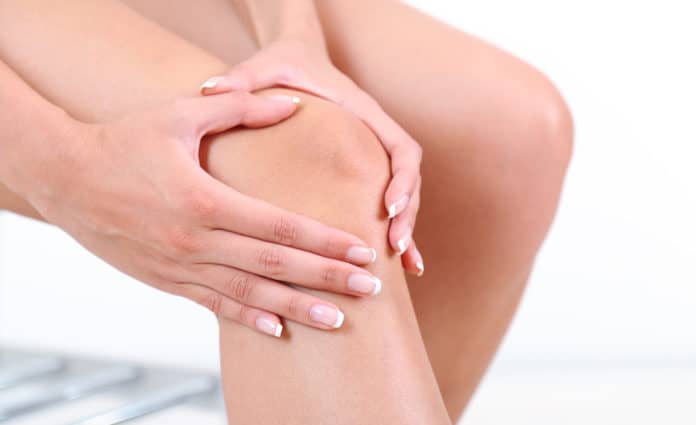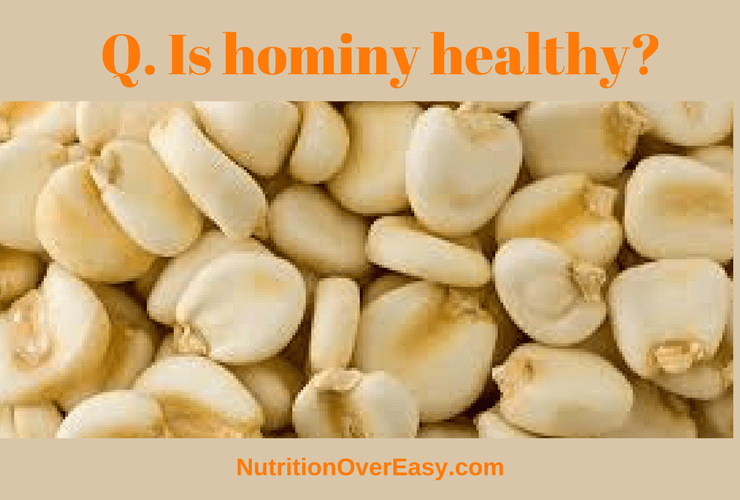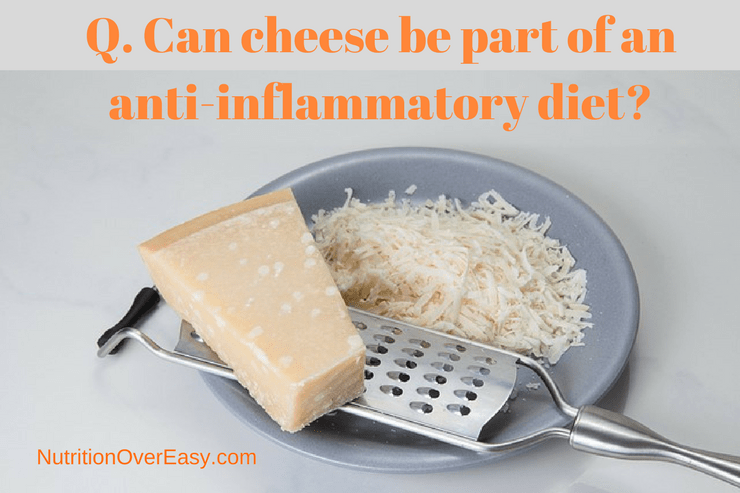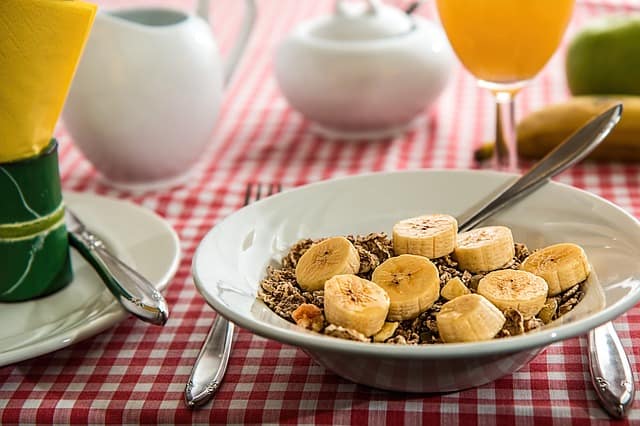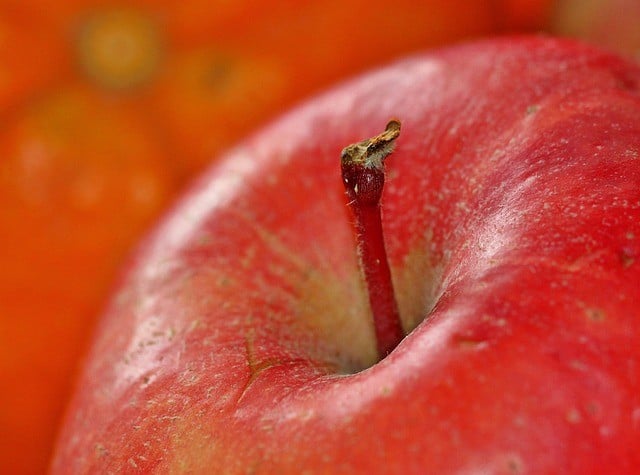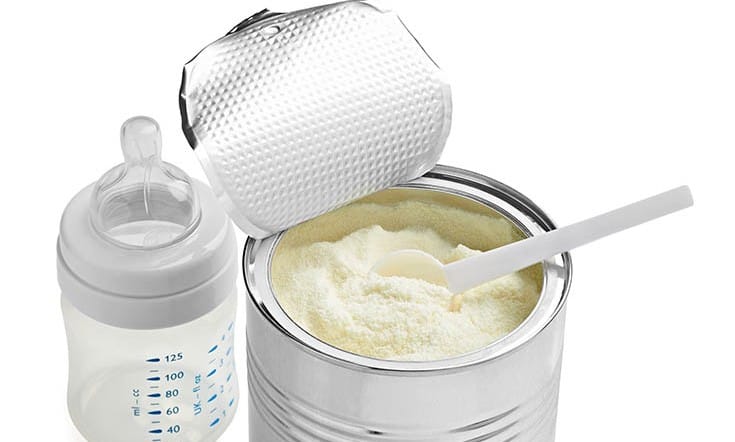
Kelly writes:
“I recently gave birth and despite my best efforts, breastfeeding did not work out for us. Can you provide some kind of framework to make a good choice of formula? I’m sad I can’t give my son breastmilk and I want to give him the next best thing. Are there certain ingredients to look for or to avoid ? Is organic worth it?
Although breast-feeding is considered to be ideal, there are many for whom this is not possible. (As a side note, my sympathy goes out to those who are made to feel guilty or inferior for feeding their infants formula. Promoting the benefits of breast-feeding is one thing; demonizing or criticizing women who cannot or do not breast-feed is another.)
I also sympathize with parents faced with the daunting prospect of choosing the “right” formula from an overwhelming array of options. Let me start by ratcheting down the angst: Babies are remarkably resilient. Like larger humans, they have the ability to thrive even when they do not always have perfect diets. That said, of course we want to do the best we can for them.
Although this should not take the place of the advice of your pediatrician, here are a few thoughts on what to look for and/or avoid in a baby formula. Continue reading “What to look for when choosing an infant formula” >
